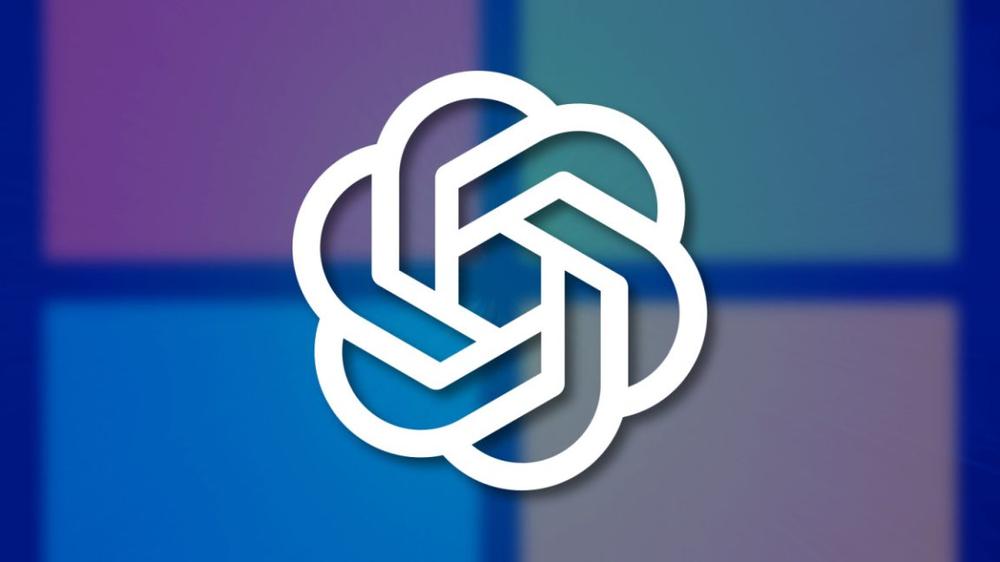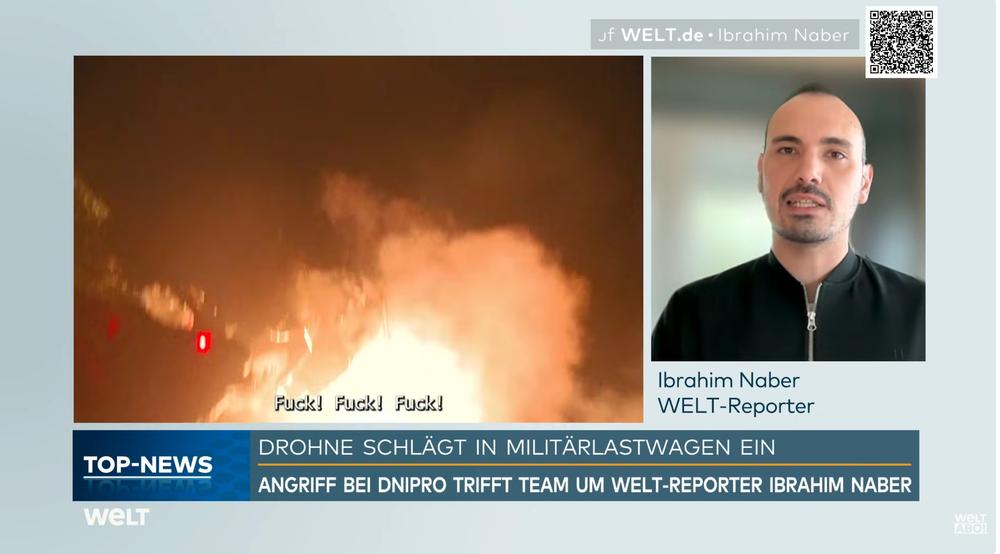On Monday, Microsoft and OpenAI announced a revised partnership agreement that introduces an independent expert panel to verify when OpenAI achieves so-called artificial general intelligence (AGI), a determination that will trigger major shifts in how the companies share technology and revenue. The deal values Microsoft’s stake in OpenAI at approximately $135 billion and extends the exclusive partnership through 2032 while giving both companies more freedom to pursue AGI independently.
The partnership began in 2019 when Microsoft invested $1 billion in OpenAI. Since then, Microsoft has provided billions in cloud computing resources through Azure and used OpenAI’s models as the basis of products like Copilot. The new agreement maintains Microsoft as OpenAI’s frontier model partner and preserves Microsoft’s exclusive rights to OpenAI’s IP and Azure API exclusivity until the threshold of AGI is reached.
Under the previous arrangement, OpenAI alone would determine when it achieved AGI, which is a nebulous concept that is difficult to define. The revised deal requires an independent expert panel to verify that claim, a change that adds oversight to a determination with billions of dollars at stake. When the panel confirms that AGI has been reached, Microsoft’s intellectual property rights to OpenAI’s research methods will expire, and the revenue-sharing arrangement between the companies will end, though payments will continue over a longer period.
The companies did not disclose who will serve on the expert panel or how panel members will be selected. The lack of details about the panel’s composition leaves open questions about what criteria the experts will actually use to verify that AGI has been achieved. Previously, the two companies had agreed on a somewhat arbitrary economic threshold of when AI systems can generate $100 billion in profits.
The partnership, one of the most watched in the tech space, has shown strain as OpenAI has grown from a spunky research lab with high hopes into a company valued at $500 billion that sways the trajectory of the tech industry with its moves in AI. Both companies now compete for customers, and OpenAI has been seeking more compute capacity than Microsoft can provide.
In May, OpenAI abandoned its plan to fully convert to a for-profit company after pressure from regulators and critics. The company instead shifted to a modified approach where the nonprofit board would retain control while converting its for-profit subsidiary into a public benefit corporation (PBC).
What changed in the agreement
The revised deal extends Microsoft’s intellectual property rights through 2032 and now includes models developed after AGI is declared. Microsoft holds IP rights to OpenAI’s model weights, architecture, inference code, and fine-tuning code until the expert panel confirms AGI or through 2030, whichever comes first. The new agreement also codifies that OpenAI can formally release open-weight models (like gpt-oss) that meet requisite capability criteria.
However, Microsoft’s rights to OpenAI’s research methods, defined as confidential techniques used in model development, will expire at those same thresholds. The agreement explicitly excludes Microsoft from having rights to OpenAI’s consumer hardware products.
The deal allows OpenAI to develop some products jointly with third parties. API products built with other companies must run exclusively on Azure, but non-API products can operate on any cloud provider. This gives OpenAI more flexibility to partner with other technology companies while keeping Microsoft as its primary infrastructure provider.
Under the agreement, Microsoft can now pursue AGI development alone or with partners other than OpenAI. If Microsoft uses OpenAI’s intellectual property to build AGI before the expert panel makes a declaration, those models must exceed compute thresholds that are larger than what current leading AI models require for training.
The revenue-sharing arrangement between the companies will continue until the expert panel verifies that AGI has been reached, though payments will extend over a longer period. OpenAI has committed to purchasing $250 billion in Azure services, and Microsoft no longer holds a right of first refusal to serve as OpenAI’s compute provider. This lets OpenAI shop around for cloud infrastructure if it chooses, though the massive Azure commitment suggests it will remain the primary provider.

 Switch 2 Just Got Its First Big Discount in the Build Up to the Black Friday Sales in the UK
Switch 2 Just Got Its First Big Discount in the Build Up to the Black Friday Sales in the UK